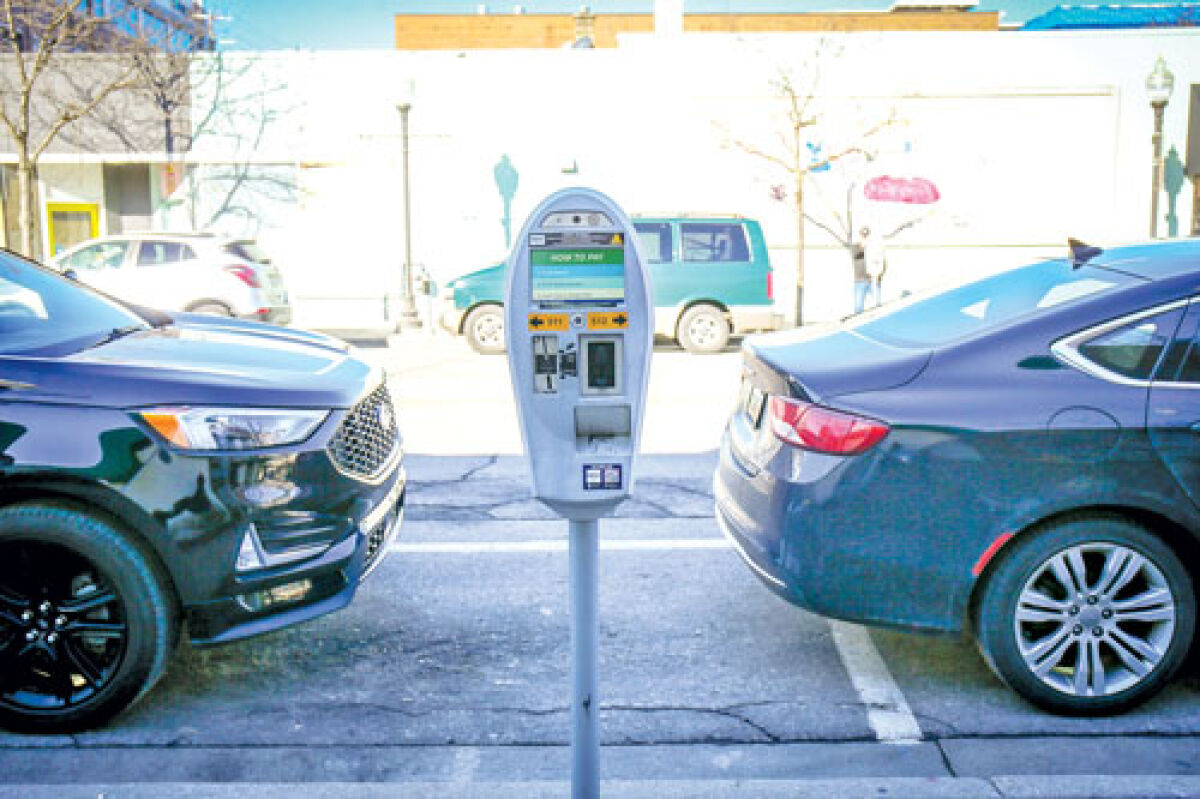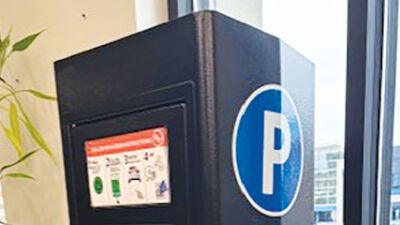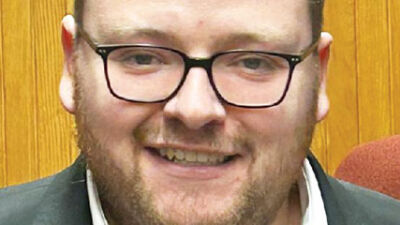ROYAL OAK — The downtown parking situation has been affected ever since the beginning of COVID-19, resulting in an automobile parking fund deficit and negative working capital as of June 30, 2023, which required the City Commission to take action on a deficit elimination plan for the Michigan Department of Treasury.
The commissioners unanimously agreed to approve the proposed deficit elimination plan at the commission’s Jan. 8 meeting. The plan involves transfers of $4 million from other sources to bring the fund into a positive situation.
At the meeting, Director of Finance Debra Peck Lichtenberg outlined what needed to be done to remedy the deficit.
According to Peck Lichtenberg, COVID-19 played a role in the parking deficit. Along with this, she said ticket revenue and incentives to support local businesses also impacted the parking fund.
Commissioner Brandon Kolo said that COVID-19 is the leading cause of the deficit, and the issue had been noticed early on in the pandemic.
“The issue really stems from when people stopped going out. ... We had parking debt in parking structures that had just opened prior to the pandemic,” Kolo said. “We identified this over the course of a few years and knew that we were going into the position where we were going to need to transfer money.”
Funds from the American Rescue Plan Act are part of the prescription.
“Luckily, ARPA exists,” Kolo said. “This is precisely what it is designed to do, so we’re lucky to be able to use our ARPA funds to help secure this fund for now and the foreseeable future.”
The plan proposed that a transfer of $2.5 million from the American Rescue Plan Act funds be relocated to the automobile parking system fund to “reimburse the fund for COVID-19 related shortfalls,” according to the document.
The second request was to transfer $500,000 from the general fund to the automobile parking system fund “to share a portion of the net increase in parking ticket revenue from the fiscal year that ended June 30, 2023, related to the equipment costs of the new parking meter system.”
The third request as stated in the proposal document is the transfer of $1 million from the Downtown Development Authority fund to the automobile parking system fund. While part of the City Commission’s approved plan, the DDA must approve the financial contribution. The city is anticipating another $500,000 contribution from the DDA for the current fiscal year.
At the DDA’s Jan. 17 meeting, the DDA voted to refer the financial contribution request to its legal counsel and to form a committee to look at any documents and agreements and make a recommendation to the full DDA board.
“I think we want to be able to understand the verbiage and maybe even enter some prerequisites that we may want to see in the document on behalf of the DDA,” DDA Chairperson Mike Sophiea said Jan. 17.
This move to Municipal Parking Systems for street meters in late 2020 has proven to be an issue, according to Kolo.
“We need them to be better partners with us and work on restructuring our agreement,” he said.
This agreement governs the time limit programmed into each parking meter, which is three hours. Kolo said that this cannot be changed without MPS’ permission.
“We will be working with the DDA to review parking fees and consider changes, including the possibility of reinstating the $5 flat fee after 5 p.m. for the Center Street and 11 Mile structures,” Peck Lichtenberg said.
They will also be reviewing the monthly permit parking fees to make sure the prices are correct for the time frame. She said that those fees have not been adjusted since 2017.
The document also said that a “parking use study was commissioned by the city to establish a basis for future changes to the parking fee structure.”
The study will be used during the budgeting process for the fiscal year 2024-2025 “to ensure the continued financial viability of the automobile parking system fund.”
“We are hopeful that it will not only correct the shortfalls that occurred during COVID, but it will also correct the path going forward,” Peck Lichtenberg said.
Members of the City Commission were upset with the deficit.
“It’s extremely disappointing that we need to spend $2.5 million that could have been for amazing parks, I think 15 tennis courts, and a lot of cool fun things,” Kolo said.
He also did not like that MPS did not have someone attend the meeting.
“I guess what I hope from the city is we see our attorney dealing with this better in a closed session, a lengthy discussion,” Kolo said.
Kolo hopes to meet with MPS and have an in-depth discussion on what they will be doing to prevent this in the future.
“I would like to dive deeper into the potential causes of this and potential solutions besides taking money out of the general fund every year,” Kolo said.
A representative of MPS could not be reached before press time.
 Publication select ▼
Publication select ▼






















